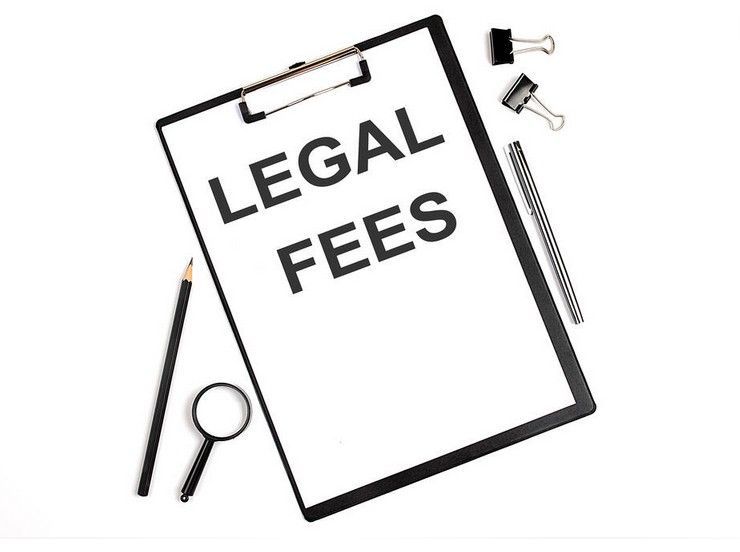When buying or selling a home in Vermont, one of the most common questions is: Who pays for the real estate attorney? Vermont requires that both the buyer and seller have separate attorneys to represent their respective interests. Each party is responsible for different legal tasks, and therefore each pays their own attorney’s fees.
Buyer’s Attorney Fees in Vermont
In Vermont, the buyer hires and pays for a real estate attorney to handle key parts of the closing process. The buyer’s attorney’s role typically includes:
• Reviewing the purchase and sale contract on behalf of the buyer.
• Conducting a title search to ensure the property has clear title.
• Managing the closing process, including preparing the closing statement and coordinating with the lender.
• Recording the deed, mortgage, and other necessary documents in the town or city land records.
If the buyer is obtaining a mortgage, the buyer is also responsible for paying for the attorney who represents the lender. In some cases, the same attorney may represent both the buyer and the lender, but this is only allowed if the attorney complies with Vermont’s strict dual representation rules to avoid conflicts of interest.
Seller’s Attorney Fees in Vermont
The seller hires and pays for their own real estate attorney. The seller’s attorney focuses on protecting the seller’s interests and preparing documents needed to transfer the property. Typical responsibilities include:
• Reviewing the purchase and sale contract for the seller.
• Preparing the deed, seller’s disclosures, and transfer tax return.
• Handling tax reporting documents associated with the sale.
• Addressing any title issues raised by the buyer’s attorney.
• Attending the closing to represent the seller and finalize the transfer.
Why Separate Attorneys Are Required
Unlike some states where one attorney may represent both sides of a real estate transaction, Vermont requires buyers and sellers to have separate legal representation. This rule ensures that each party receives independent legal advice and that their interests are fully protected throughout the transaction.
Key Takeaway
• The buyer pays for an attorney to review the contract, conduct the title search, oversee the closing, record documents, and often represent the lender.
• The seller pays for an attorney to review the contract, prepare the deed and transfer tax return, resolve title issues, and attend closing.
• Both parties must have separate attorneys in Vermont.
Understanding who pays for the Vermont real estate attorney—and why—can help buyers and sellers budget appropriately and ensure a smooth transaction.
For more information, feel free to reach out to the attorneys at the Peet Law Group with offices located in Williston and White River Junction serving all of Vermont.
For more information about Vermont real estate closings, reach out to the experienced attorneys at Peet Law Group. With offices in Williston and White River Junction, we serve home buyers and sellers across Vermont. www.peetlaw.com











